Homeowners in New Jersey trust Chimney Guards because we offer:
- Certified & insured technicians
- 24/7 emergency chimney services
- Affordable, upfront pricing
- 100% satisfaction guarantee
- Locally owned and operated

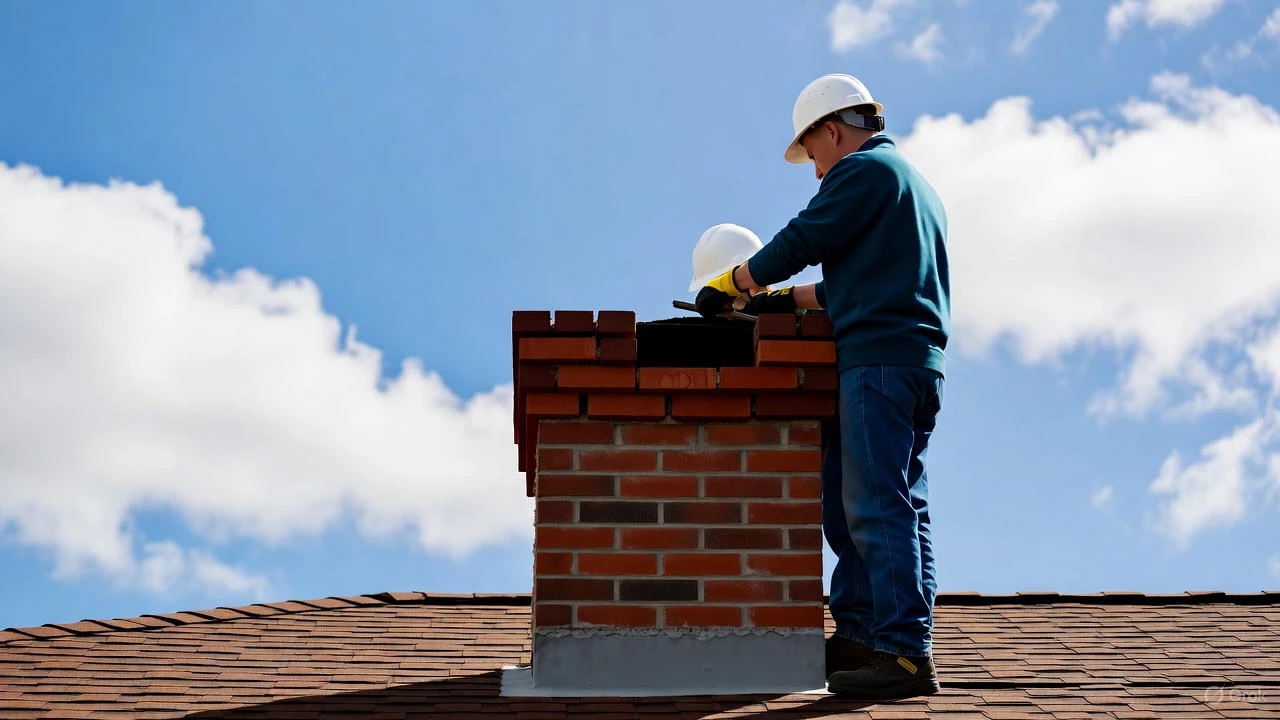
Looking for reliable chimney repair experts in New Jersey? Chimney Guards offers expert inspections, repairs, and maintenance to keep your home safe.












































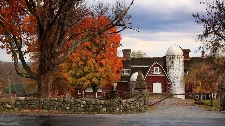
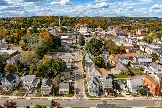










As the chill of fall settles over New Jersey, there's nothing quite like gathering around a crackling fireplace to warm up the evenings. But if your chimney is showing signs of wear—cracks in the masonry, a leaky flue, or even strange odors wafting into your living room—it's time to call in the chimney repair experts. Ignoring these issues can lead to costly damage, poor ventilation, or worse, fire hazards. That's where experienced professionals step in to restore your chimney to peak condition.
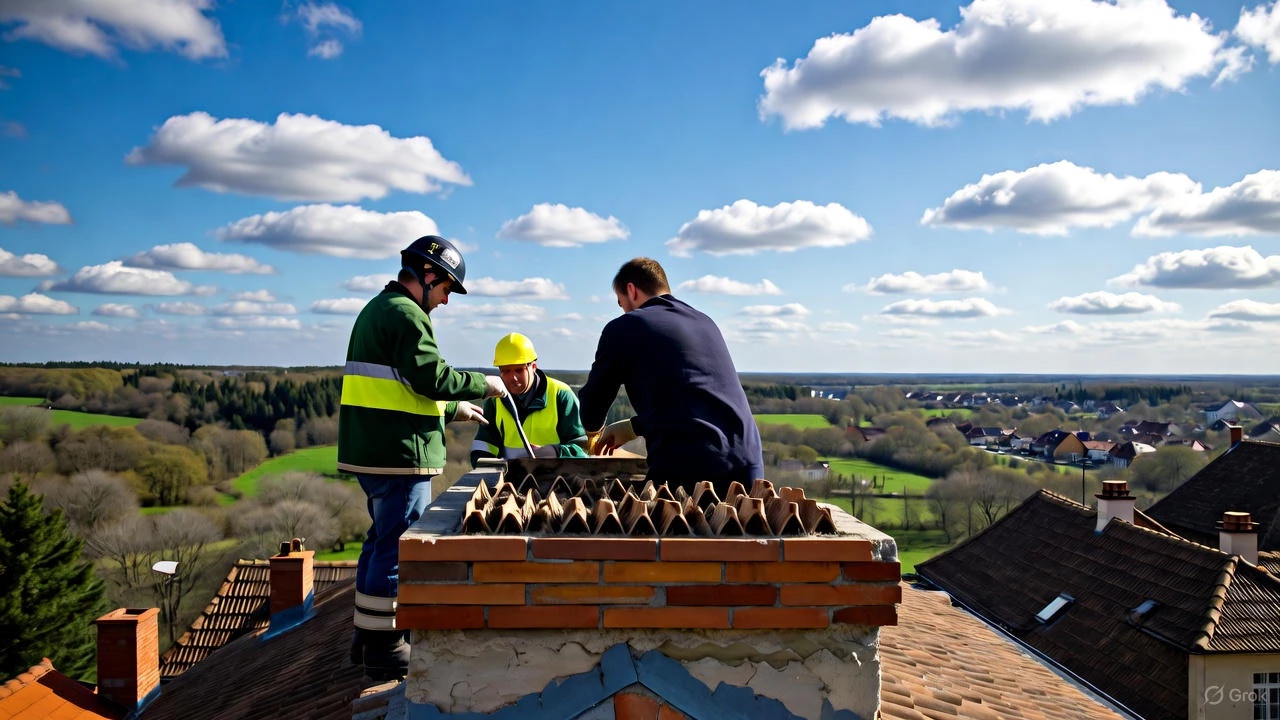
Hiring chimney repair experts isn't just about fixing a problem—it's about preventing future headaches. Here's what sets true professionals apart:
Homeowners often search for "chimney repair experts near me" when they notice water stains on the ceiling or smoke backing into the house. These are red flags! Delaying repairs can escalate small fixes into major expenses. For instance, a simple flue liner repair might cost a few hundred dollars, but unchecked water intrusion could lead to thousands in masonry reconstruction.


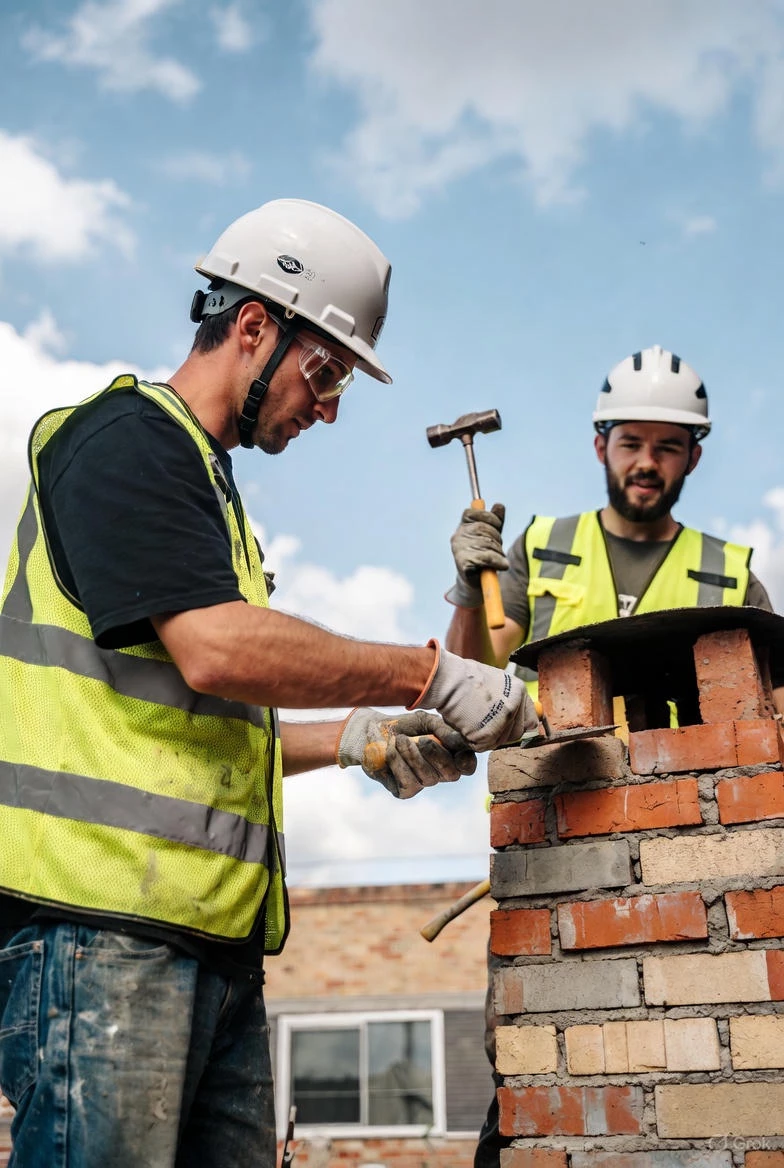
Ready to protect your home? Scheduling with chimney repair experts is easy:


Based right here in New Jersey, Chimney Guards isn't some out-of-state chain—we're your neighbors. Our certified technicians arrive on time, respect your property, and explain every step of the process. We serve homeowners and businesses in Morris County, Bergen County, Essex County, Union County, Middlesex County, Passaic County, and Somerset County. Contact us today for professional, reliable services in your area!
Chimneys can become damaged over time due to weather, moisture, or natural wear. Repairing your chimney ensures smoke and gases are vented safely and prevents carbon monoxide leaks or structural damage.
Common signs include cracked or missing mortar, water stains on walls, bad odors, smoke entering your home, or pieces of brick and mortar falling into the fireplace.
Yes. Using a damaged chimney can cause smoke leaks, carbon monoxide buildup, and even chimney fires. It should be repaired before use.
Have your chimney inspected and cleaned at least once a year, preferably before the heating season begins. Regular maintenance helps prevent costly repairs.
Water leaks are usually caused by a missing cap, cracked crown, or damaged flashing. Fixing these parts typically resolves the issue.
Flashing is the metal seal between the chimney and roof. If it becomes loose or damaged, water can seep in and cause interior leaks or structural issues.
The cost depends on the extent of the damage. Small repairs may cost a few hundred dollars, while rebuilding sections or the entire chimney can cost several thousand.
You can perform minor maintenance like cleaning or replacing the cap, but cracks, leaks, and structural repairs should be handled by a professional.
The crown is the concrete top that protects the chimney from water. It cracks due to freeze-thaw cycles or age, allowing water to enter the structure.
Bad smells are caused by creosote buildup, moisture, or animal nests inside the flue. Professional cleaning and waterproofing can fix the problem.
A blocked chimney prevents smoke and gases from escaping, leading to carbon monoxide buildup inside your home. It must be cleared immediately by a chimney sweep.
Yes. Rain, snow, and heat cause bricks and mortar to expand and contract, creating cracks and leaks over time.
Repointing or tuckpointing is the process of replacing old, damaged mortar with new mortar to strengthen the chimney and prevent water infiltration.
Yes, most leaks can be repaired by fixing the crown, flashing, or mortar joints. Full replacement is only necessary in severe cases.
Minor repairs usually take one day. Larger rebuilds or waterproofing projects may take two to five days, depending on weather and damage severity.